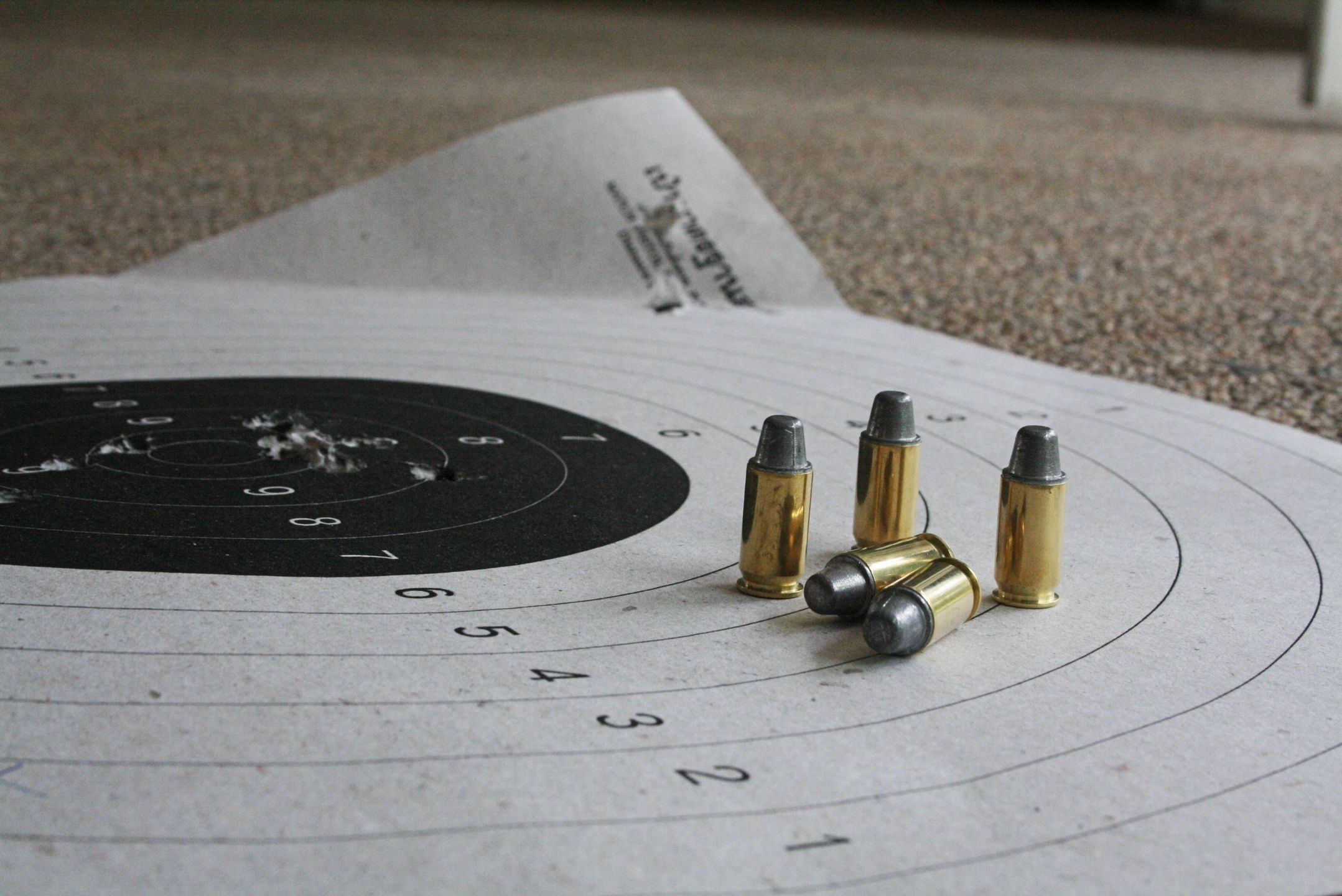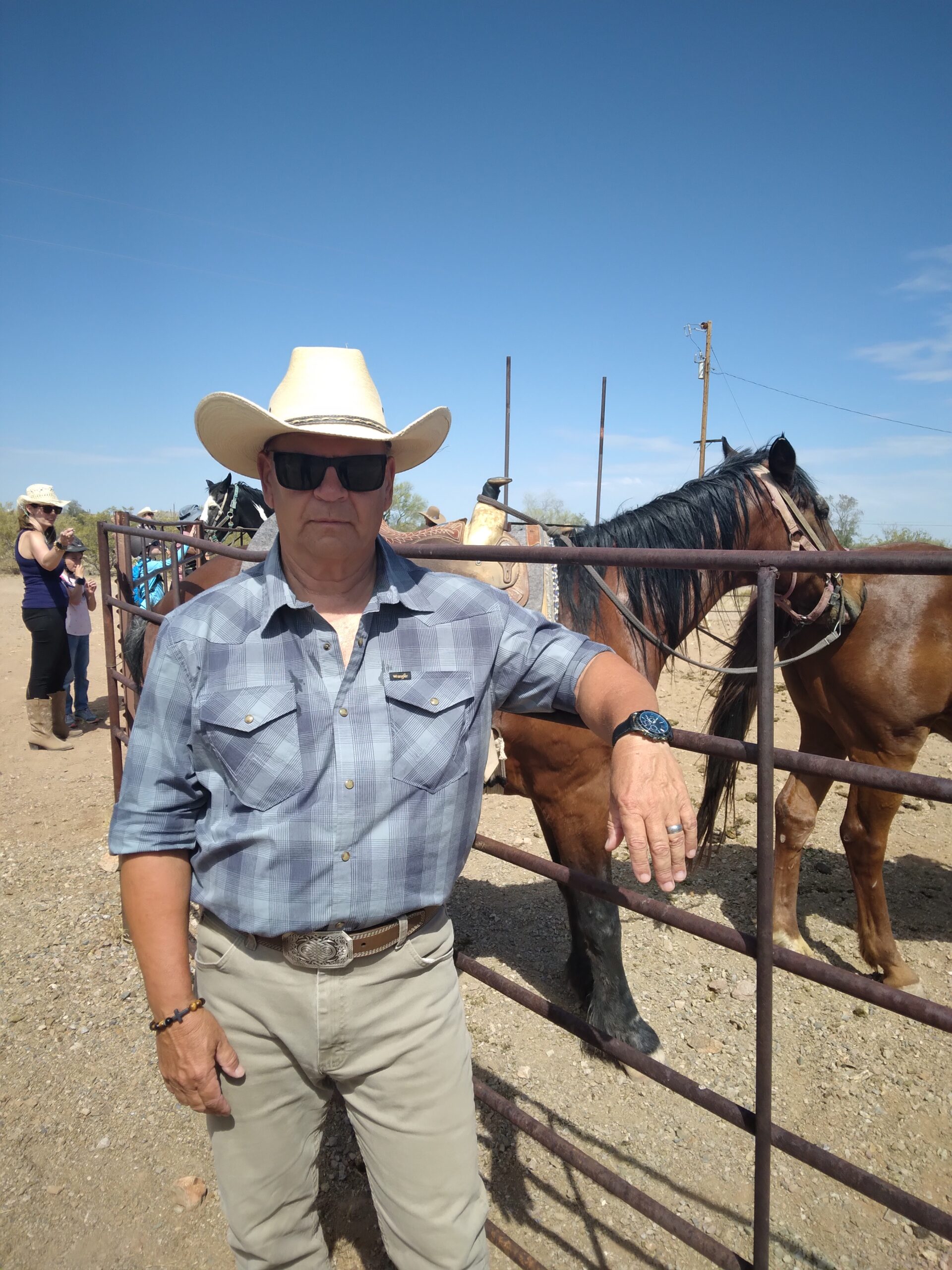By GEORGE STAHL
History is full of those, ‘if only’ moments. Some of them call on us to say, ‘Wow, imagine if that had been gone just a little differently.’ One of those came along over 300 years ago, and involved the United States. But you say, wait a minute, we were not a country 300 years ago. We were 13 scattered, English colonies who were struggling to make our way amongst adversity and weather, and unwelcoming native Americans. How could something that happened back then have anything to do with the United States?
It was 58 years before the American Revolution was first proposed that a man named James Puckle introduced a revolutionary item of his own. It was a gun, not to original so far, but this was no ordinary gun. This gun fired 6 to 11 rounds of 1.25 inche 32 mm bullets. It was initially submitted for use on Navy ships, and the patent Puckle obtained for the gun specified that it was capable of firing two different style bullets. Probably not simultaneously, both of these being the same caliber, but one was round and one was square.
Round or square? According to the patent, the round bullets were for firing against fellow Christians, but the square bullets were for the Muslims in the Turk Wars. These conflicts seemed to be ongoing between the English and the Ottoman Empire. Puckle’s gun sure would put an end to this fight.
Pucket’s gun was mounted on a tripod for stability and accuracy. That would be fine for on board a ship, but for practical use in the field, a tripod could just get in the way. Now, the ‘only if’ part of the story. Here Britian had in its arsenal potentially the most dangerous weapon of mass destruction the world had ever seen in that day, and they chose not to use it. Why? The rebels never would have had a chance against something so lethal. They would have literally been mowed down in every battle. Imagine, an army in the 18th century with guns capable of firing rounds like that on the open battlefield.
The potential of Pucket’s invention never had a chance to be realized. He died before he could get the army to accept his idea and allow it to be tested. He was 57 years old, and was broke. He could not get the funds together to have more than two prototypes produced, and each had its flaws. Consequentially, it was shelved so to speak, with no promise of being reevaluated. It was relatively forgotten and by the time King George III was on the throne during the revolution, the Pucket Gun was long gone in the tombs of his grandfather and great grandfather. As history would have it, it was all for the best.
Many things have happened in history not because of calculated risks and fortunes, but more so due to uncalculated happenings, unforeseen circumstances and misfortunes of memory and chance. Major things such as the outcome of wars and the destinies of nations and civilizations. As in this case, economics played a role too. Even if Pucket’s gun had been reassembled and tested and used, the cost of creating something so extreme and complicated would have probably been prohibitive at best. England was not in a position to throw more money at the uprising of 13 colonies. The rest of the world was looking on as a tiny revolt was tearing at the largest power in the world, and they were waiting for an in on the action. The countries that came to our aide did so more or less because England was the enemy. Now, if a secret weapon was anymore needed, at anytime it was then. But it never happened, and the Pucket gun never materialized. If only James Puckle, inventor, lawyer, and writer had only lived another 57 years, well even though that would have made him over 100 years old, who knows. Imagine, no 4th of July!





